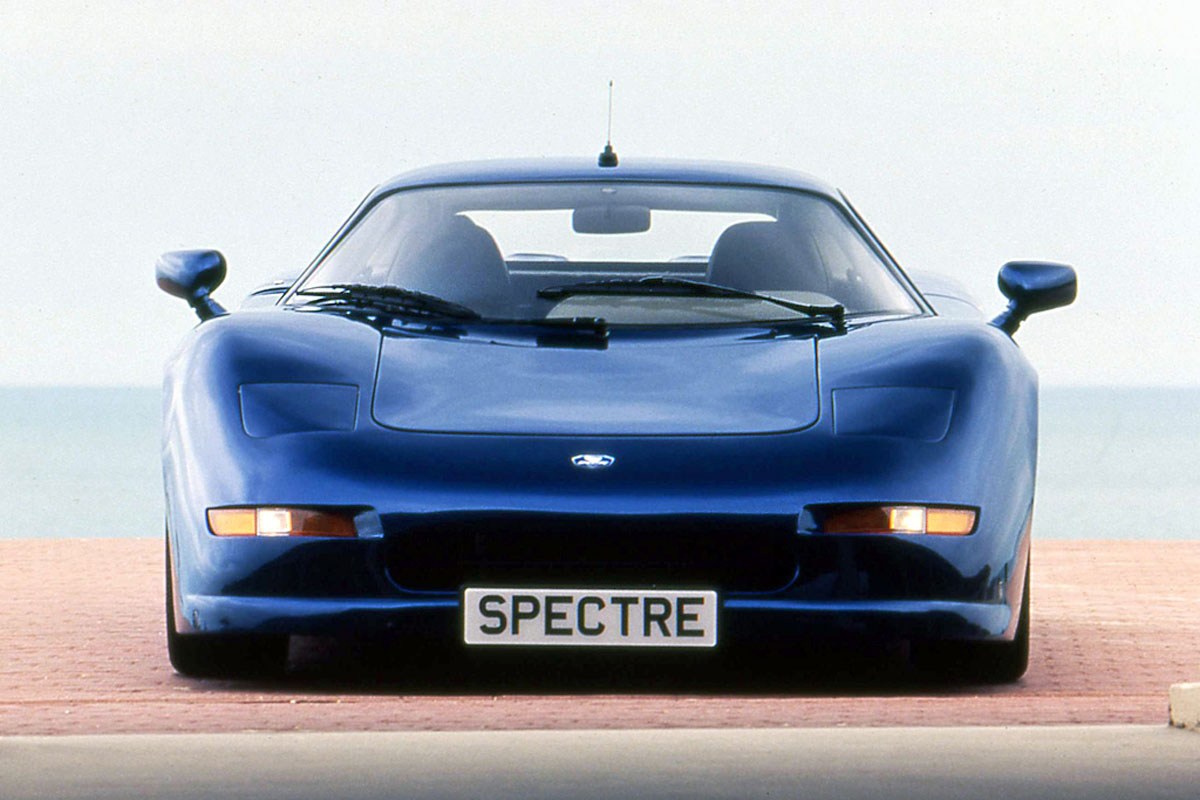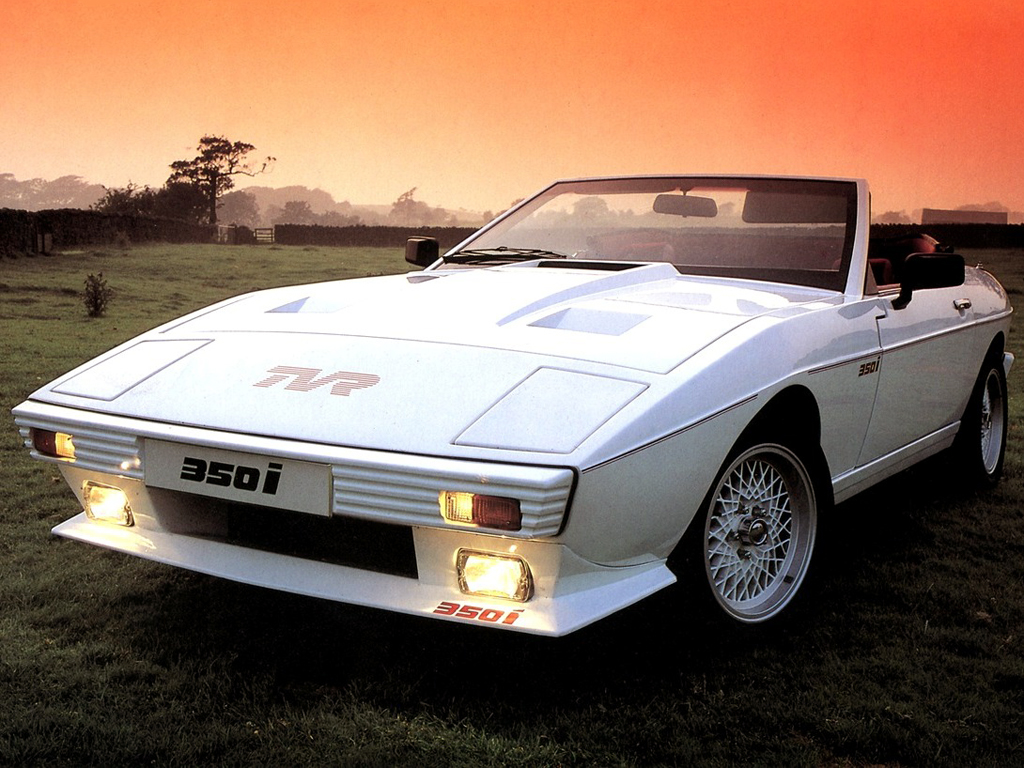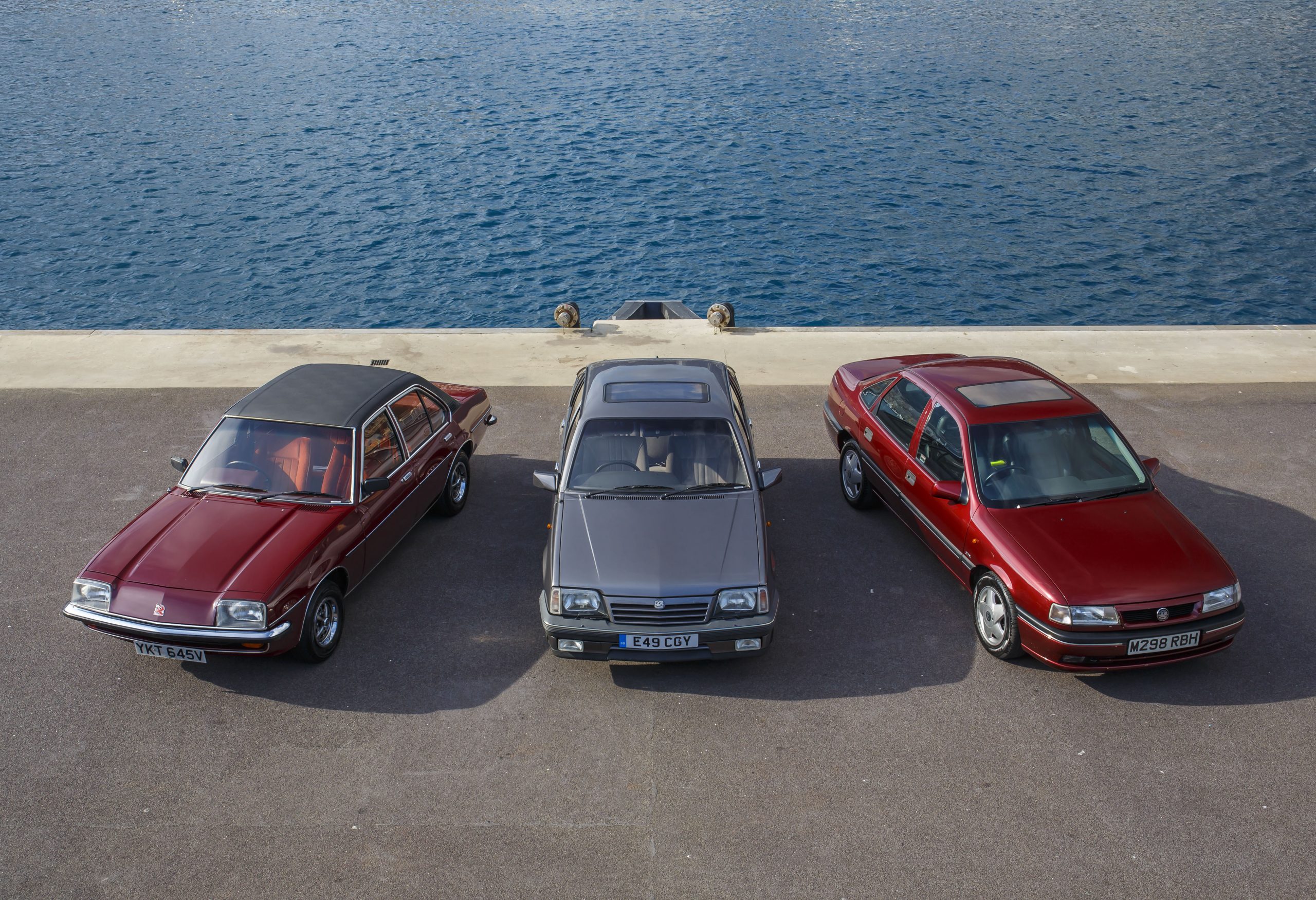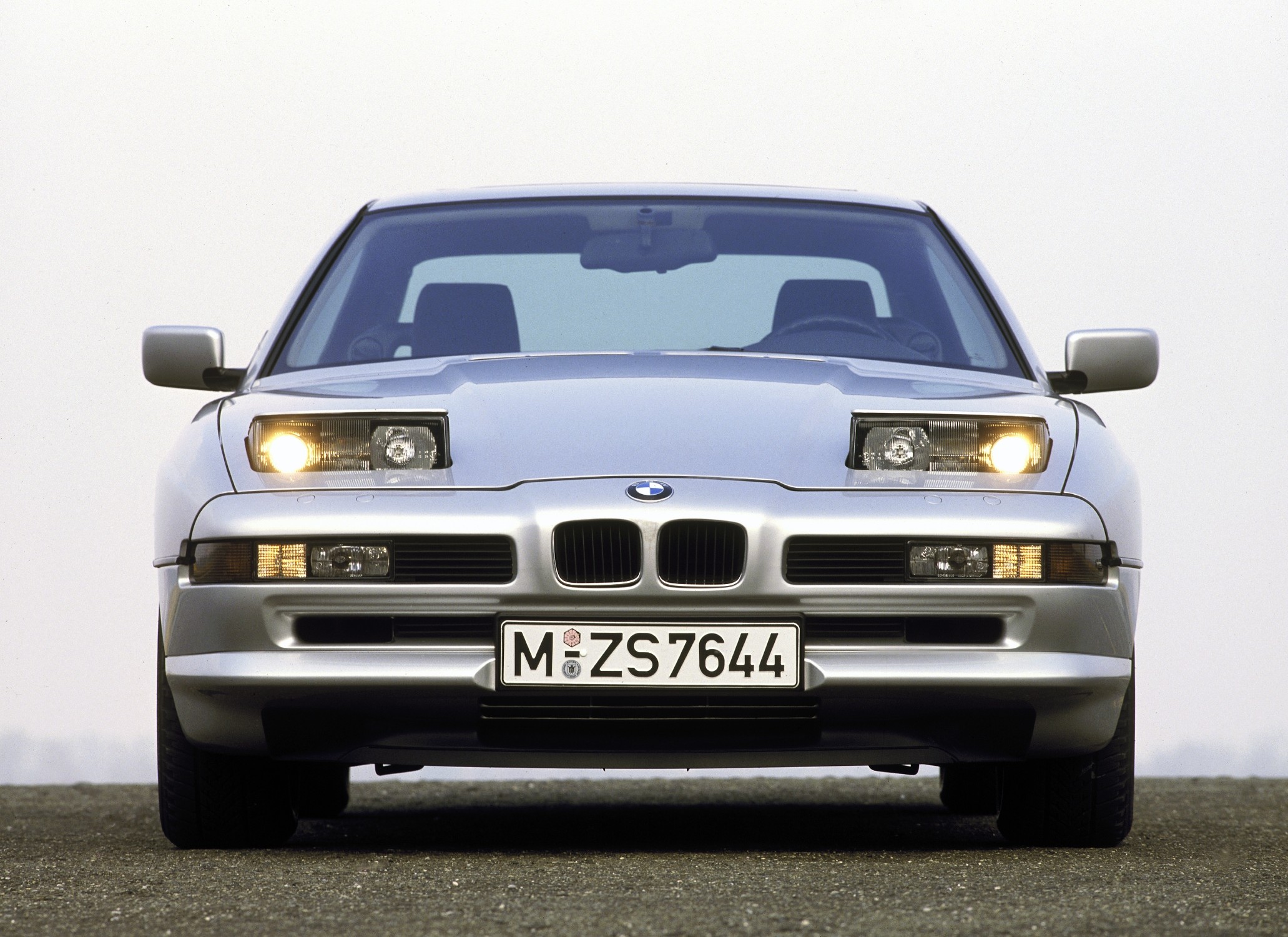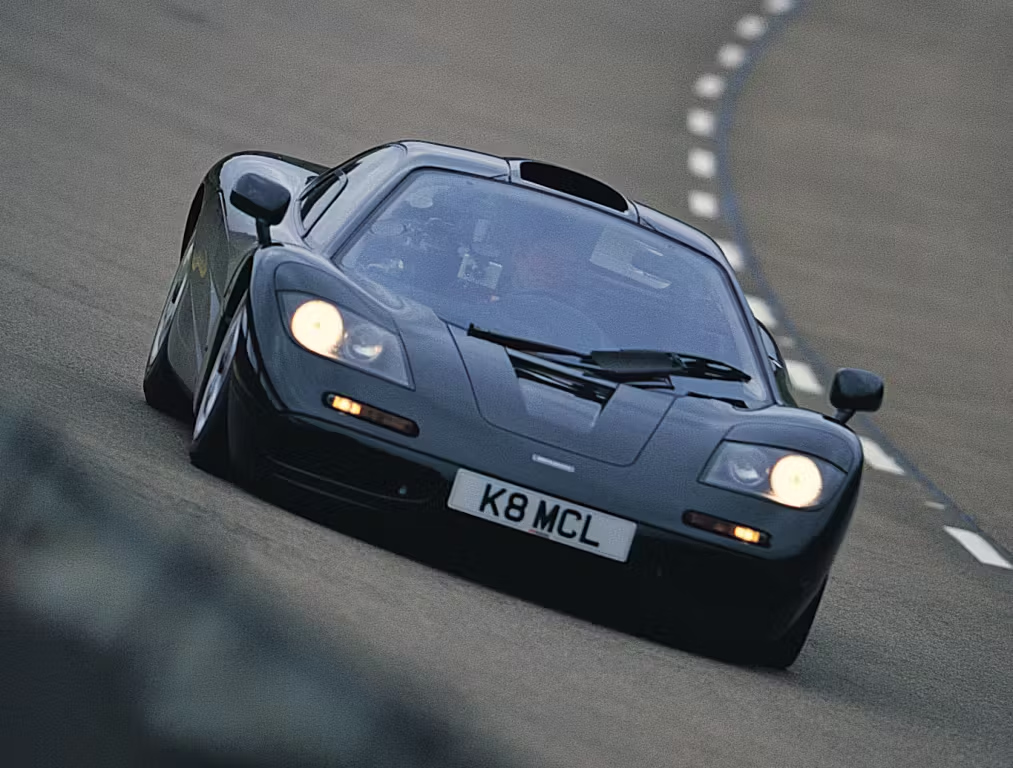A new Aston Martin Vantage is set to make its mark on the street and on the track in 2024 – and it will be the fastest, most powerful ever made.
Replacing the car launched in 2019 this is no minor facelift but a thorough re-engineering exercise with all efforts going into ensuring that the Vantage performs like no other in the marque’s history.

“Any car bearing the Vantage name has much to live-up to, which is why this newest model makes an unwavering commitment to high-performance in its purest and most explicit form,” says Aston Martin’s Chief Executive Officer, Amedeo Felisa.
Stylistically it’s a game-changer, says Aston Martin. “We took some inspiration from the One-77 supercar, but we wanted Vantage to express its intent and potency more explicitly,” explains Chief Creative Officer Marek Reichman. “One look and you know it packs a real punch, but there’s an elegance of form and proportion that hints at the sophistication that underpins its raw power.”
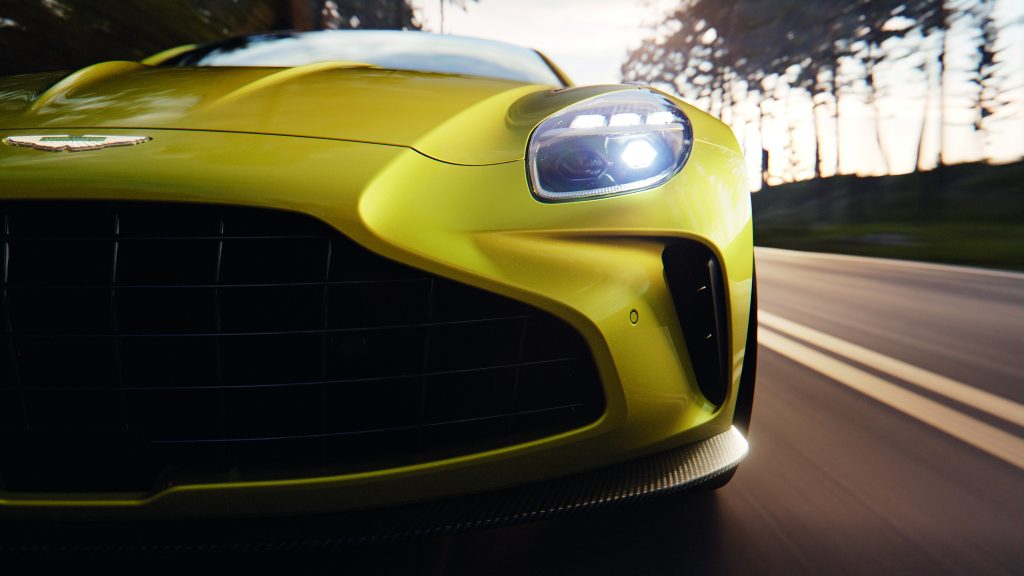
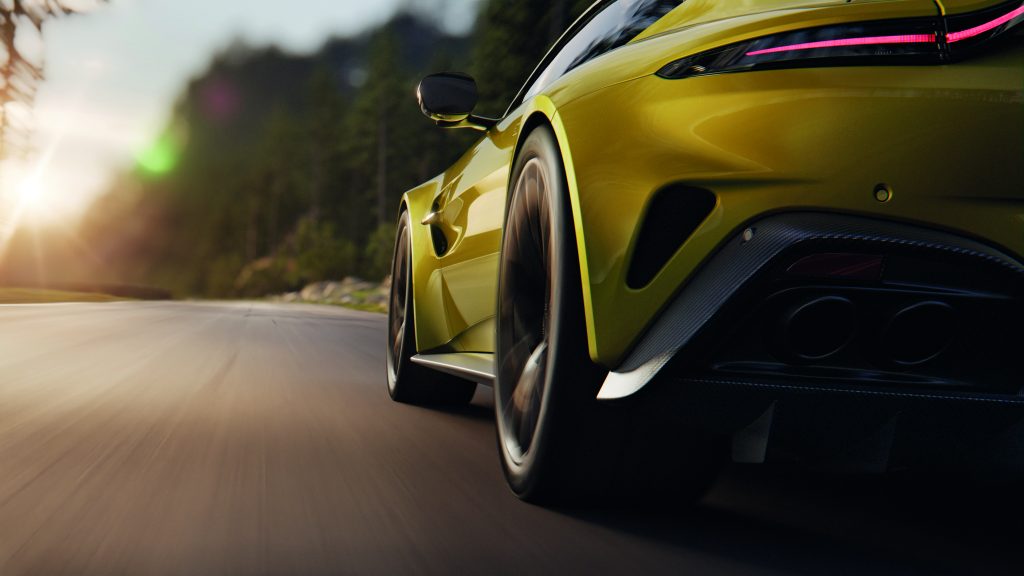
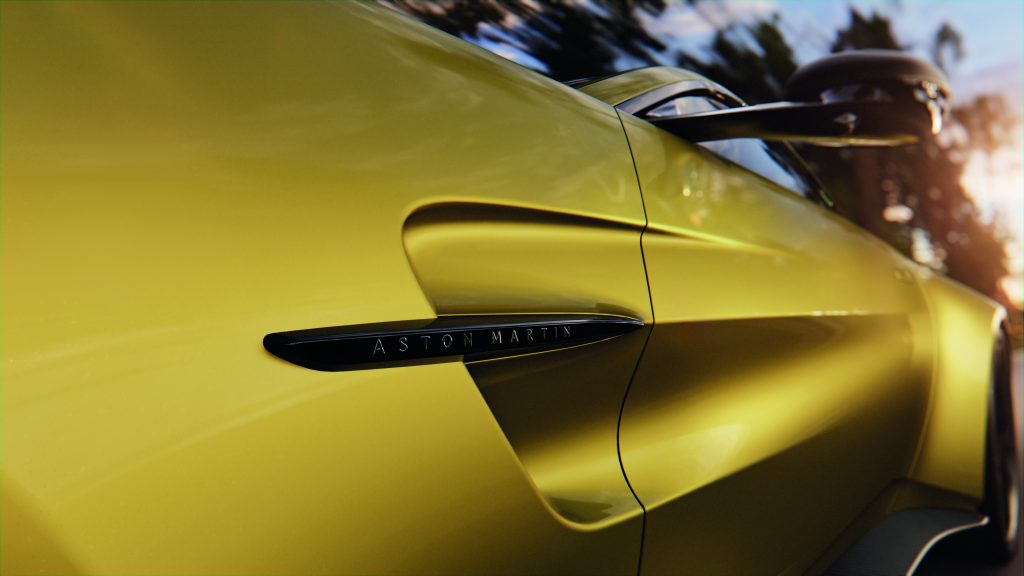
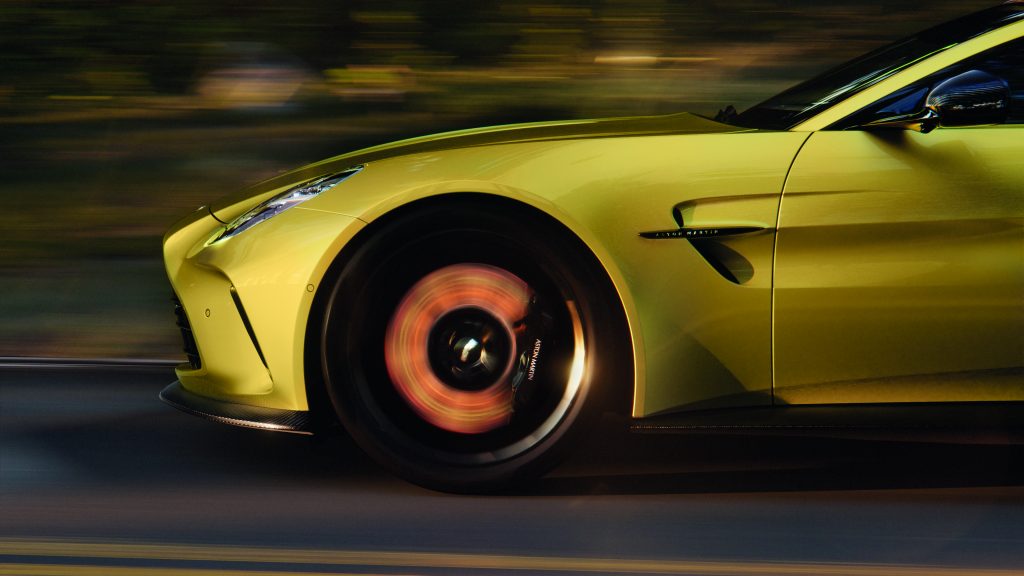
Most notable is the car’s width – up 30mm – and its even more massive grille. There are additional air intakes in the bumper, an integrated front splitter, along with new matrix LED lights. In profile you’ll note the return of side strakes for a touch of retro cool (and cooling), and those 21-inch forged alloy wheels which fill the extended wheelarches. You may also spot the frameless mirrors and flush door handles. Move to the rear and a wider rear bumper incorporates more vents, exits for the four tailpipes and a diffuser.
The cabin is suitably sumptuous, but driver-focused, and familiar from the DB12. Bridge of Weir leather is the main material, cladding the sports seats dash, center console and doors. Alongside a reinvigorated infotainment system running on a 10.25 screen you’ll be pleased to know there are also physical buttons for key controls. Audiophiles will go weak for the 1,170 W, 15-speaker Bowers & Wilkins surround sound system.
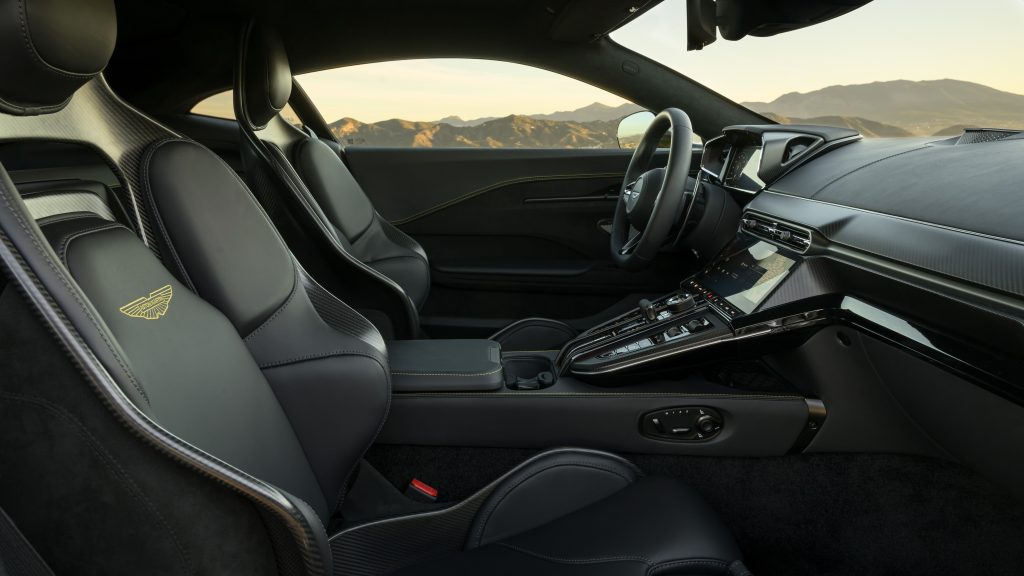
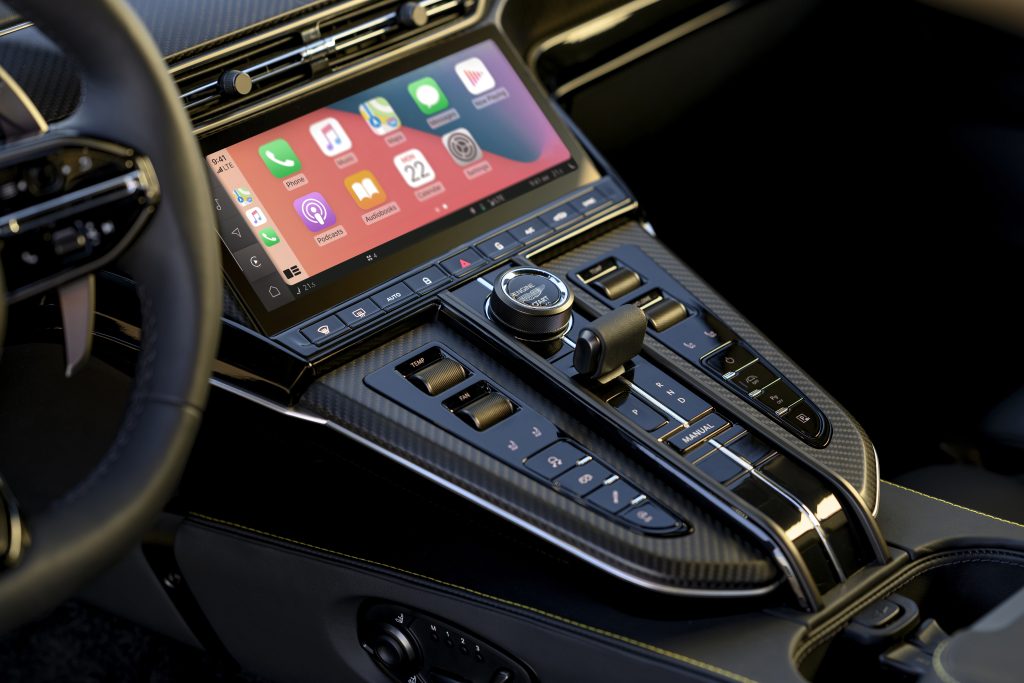
However, it’s the car’s speed and dynamic performance that have been designed to really give the Vantage and advantage over the opposition. Under the hood is a seriously-evolved version of AMG’s hand-built 4.0-litre twin turbo V8. Now offering a peak of 655 hp and 590 lbft of torque that’s a gain of 30 per cent power and 15 per cent more twisting force than before.
Drive goes through an eight-speed ZF automatic transmission and there’s adjustable traction control, launch control, an E-diff and ESP to keep it all on the straight and narrow. Punch it and you’ll see 60 mph from a standstill in 3.4 seconds and a top speed of 202 mph.
All those electronics play a huge part in managing the brutish power of the Vantage, but Aston Martin says that the goal is not to take control away from the driver.
“The art of creating a truly great sports car in 2024 is applying cutting-edge technology in a way that enhances and intensifies the driving experience yet does nothing to remove the driver from the process of driving,” adds Roberto Fedeli, Aston Martin Chief Technical Officer.
Starting with an ideal 50:50 weight distribution certainly won’t hurt the handling, while the bonded aluminum platform and new body structure provide improved rigidity. Double wishbone suspension features at every corner, with intelligent adaptive dampers that are said to offer a 500 per cent increase in bandwidth of force for an unprecedented level of control. The electronic power steering system has been designed with “obsessive attention” and features a fixed ratio with 2.27 turns lock to lock and variable assistance, which reduces according to the drive mode selected.
Braking is by cast iron discs at 400mm up front and 300 mm at the rear. Carbon ceramic brakes are an option and save 25kg in weight.
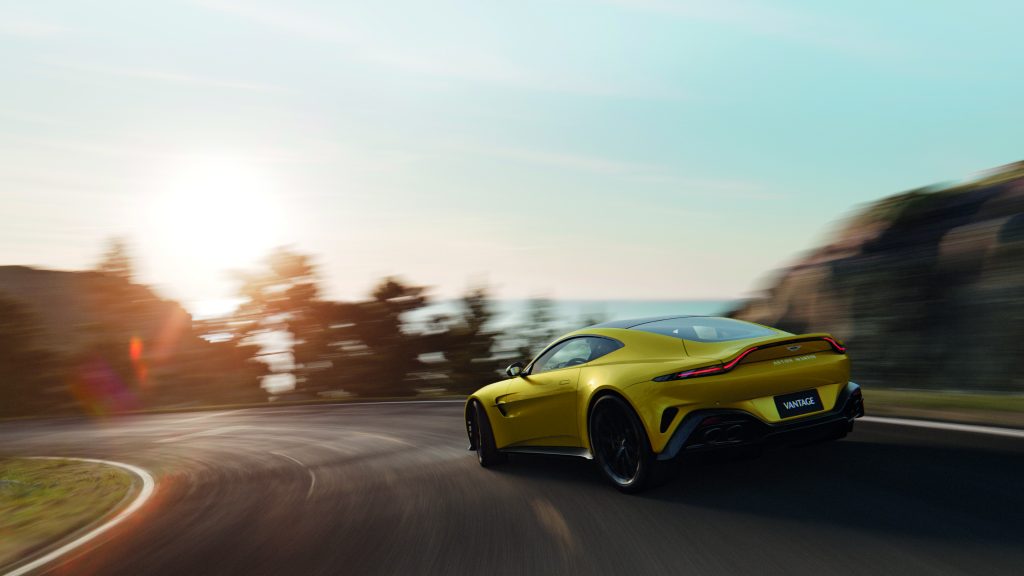
Now to that cutting-edge tech Fedeli mentioned. The Vantage’s Active Vehicle Dynamics system employs a host of sensors including a six-axis accelerometer, to calculate exactly how the car is behaving and adjust the ESP, E-diff, powertrain and brakes accordingly. The adjustable traction control has eight settings with levels six to eight allowing increasing slip angles and ever-more armfuls of controlled oversteer. The system can also be fully turned off.
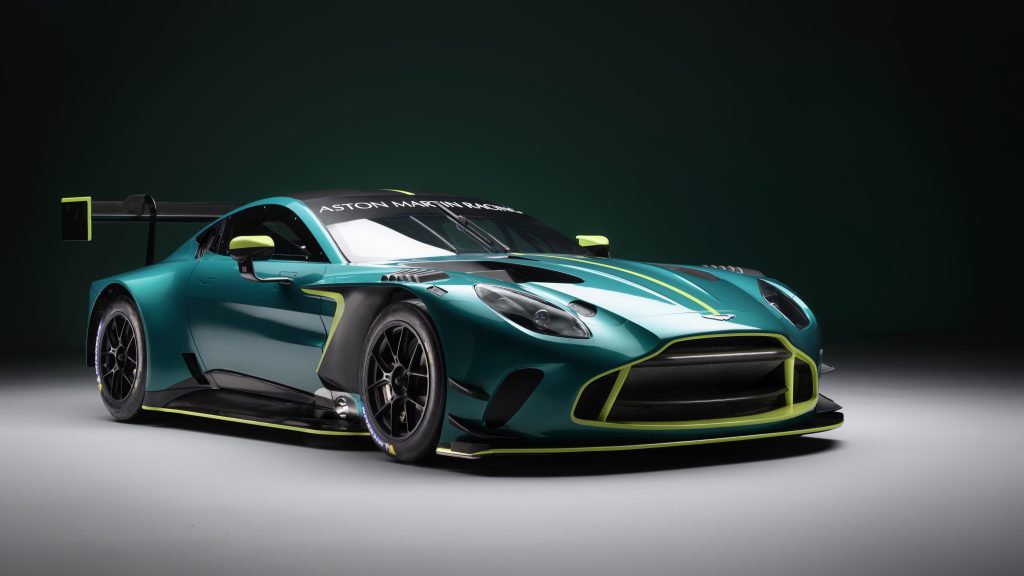
However, if you’re really serious about tracking your Vantage you’ll want to opt for the GT3 race car. Built to comply with all FIA GT3 regs it’s eligible to race in the FIA World Endurance Championship, IMSA WeatherTech Sportscar Championship, Fanatec GT World Challenge, European Le Mans Series, and the Nürburgring Langstrecken Serie.
The new race car has been developed in collaboration with Aston Martin Performance Technologies and has been designed to make the car more drivable for both professional and amateur racers.
“The focus on the new Vantage GT3 was to increase their performance window and make something that would work at any circuit, on any tire and with any driver,” says Head of Performance Gustavo Betelli. “These new generation GT3 cars are more dependent than ever on aerodynamic downforce, so we wanted to make the car more stable under braking. The old car would dive a lot under braking, so we had to try and control the pitch with the rear suspension set-up. But this meant it was stiff, which made it quite snappy and, also over-worked the tires. Working heavily on damper tuning, we have found a much better balance with the new car so we can generate the downforce without compromising the suspension set-up. The feedback from drivers who’ve tested it has been overwhelmingly positive. Especially the amateur racers, who have been able to achieve lap times that are much closer to the Pros. Now we need to go racing!”

